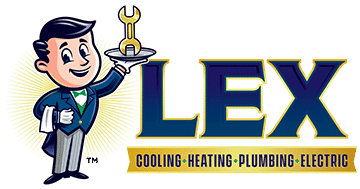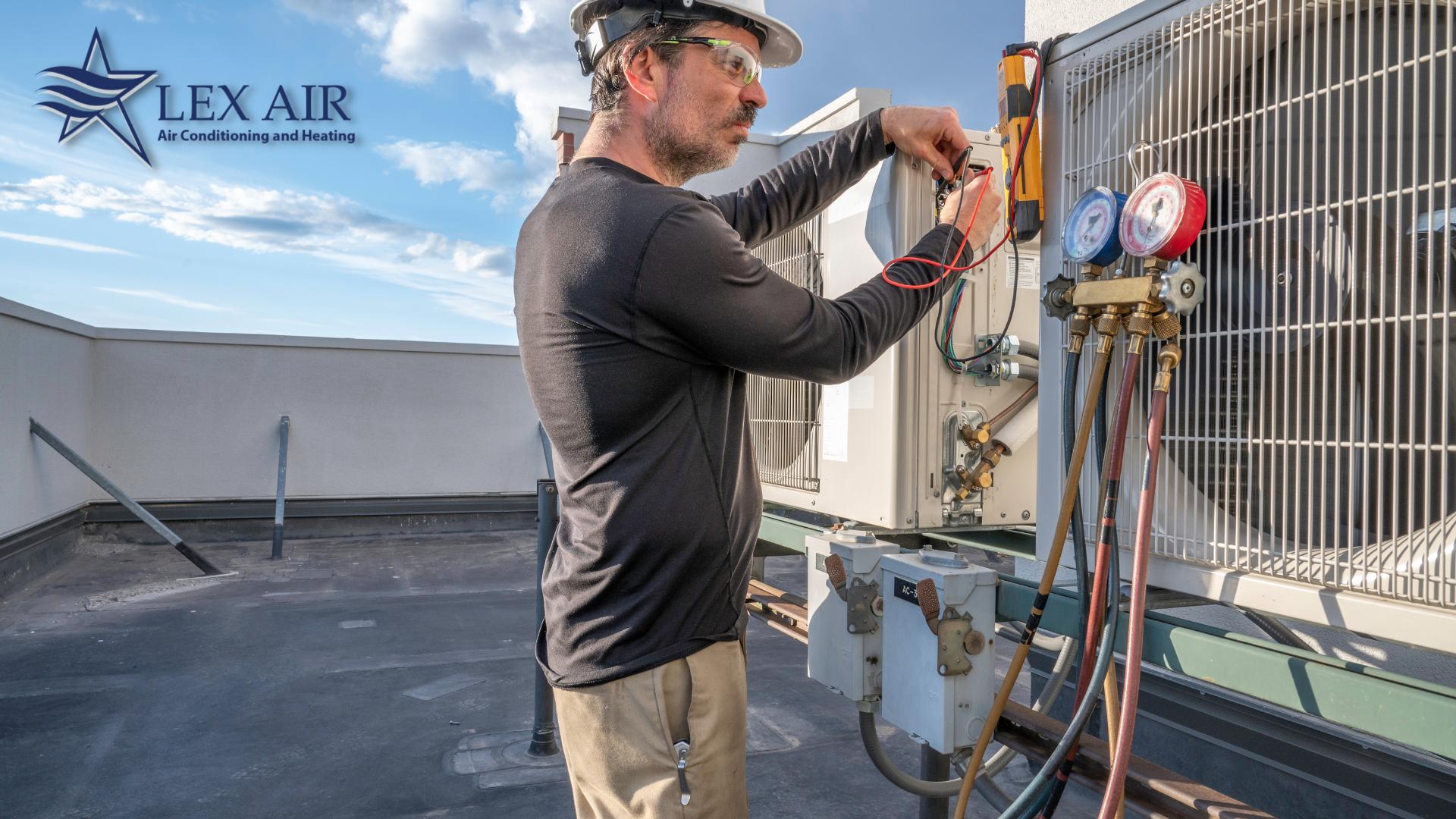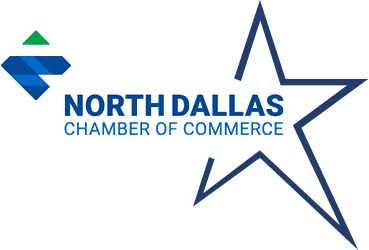With all the advancements and improvements being made to commercial HVAC systems, issues are still bound to arise occasionally. Some are more common than others, and a skilled HVAC technician can diagnose and correct the problem quickly and efficiently.
The majority of problems can be fixed easily if they are found and dealt with right away. Here are some common commercial HVAC issues we see at Lex Air Conditioning & Heating and how they can be fixed.
The Impact of Poor HVAC Performance on Commercial Businesses
When your commercial HVAC systems aren’t working properly, it can impact your business and employees. A poorly performing commercial system can be much worse than annoyed workers and stuffy environments; they can be hazardous and cost your business thousands of dollars in the long run.
The most common ways poor HVAC performance can affect your commercial business include:
- Higher energy bills: When your HVAC system works overtime to heat or cool your business, it can lead to higher energy costs and reduced energy efficiency.
- Productivity: When your employees are uncomfortable due to an inefficient HVAC system, it can decrease productivity. Not only will your employees struggle to focus, but it can make it harder for them to work, whether their working environment is too hot or cold.
- Health issues: Poor indoor air quality can cause your employees to experience respiratory health problems like allergies and asthma. When the work environment is too hot, it can also lead to heat exhaustion and heat strokes. Another health issue caused by a poorly working HVAC system is mold and bacteria growth. Not only can this bacterial growth negatively affect your employee’s health, but ridding your business of the infestation can cost your business financially.
- Interior materials: Office furniture, electronic equipment, and other interior materials can’t handle extreme temperatures. Much like when your home’s interior humidity levels are off, your office equipment can suffer from being too hot or cold. When moisture accumulates in electrical equipment, it will need to be replaced much more frequently.
- Fire hazard: A faulty HVAC system can mean more than uncomfortable employees. If your commercial system is experiencing issues, you risk creating an environment that could become a fire hazard. When air filters and other components are not regularly checked, they can create pollutants that can spark a fire.
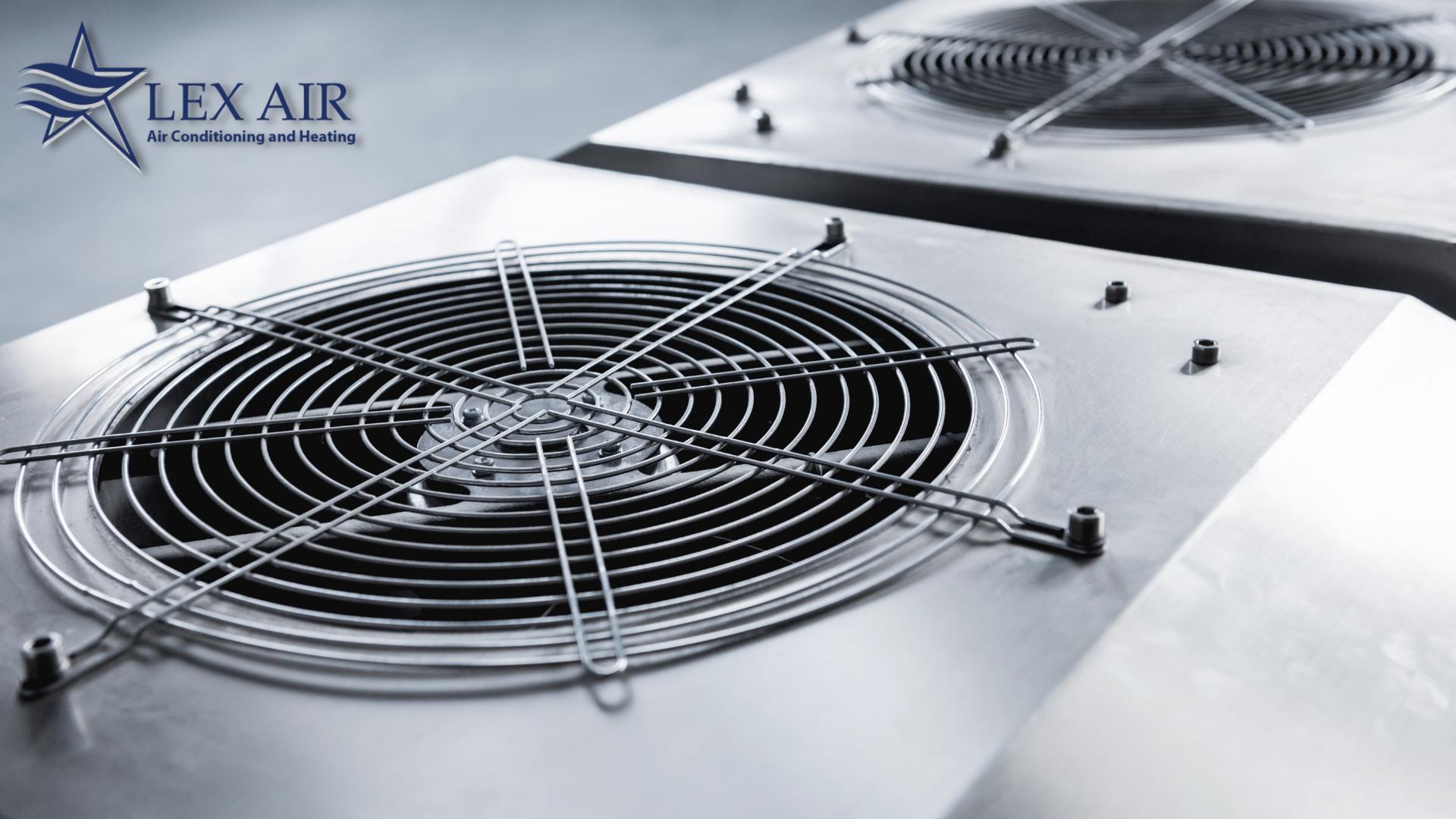
Common Commercial HVAC Problems
A large commercial HVAC unit works much harder than the unit we have at home. And much like our home’s HVAC system, they require regular maintenance to ensure that they can continue working effectively. This can include changing air filters, ductwork inspections, and more.
Below, our commercial HVAC technicians will break down the most common HVAC problems that large commercial buildings can experience and how they can negatively affect your workspace.
Drain Line Clogs
Over time, the HVAC drain lines that carry water and condensation out and away from the HVAC unit can become clogged with the accumulation of dirt, algae, and sediment. This can cause the water to back up into the drain pan, damaging the unit and the surrounding roof areas. Clogged drain line problems can be corrected by periodically checking and cleaning out the drain line.
Blown Fuses
If your HVAC system shuts down unexpectedly, always make sure to check the circuit breaker first. The system relies on fuses to protect delicate electrical components from becoming overheated. When a fuse blows, your system is at risk of becoming overheated and should shut down. These fuses are located in the evaporator coil.
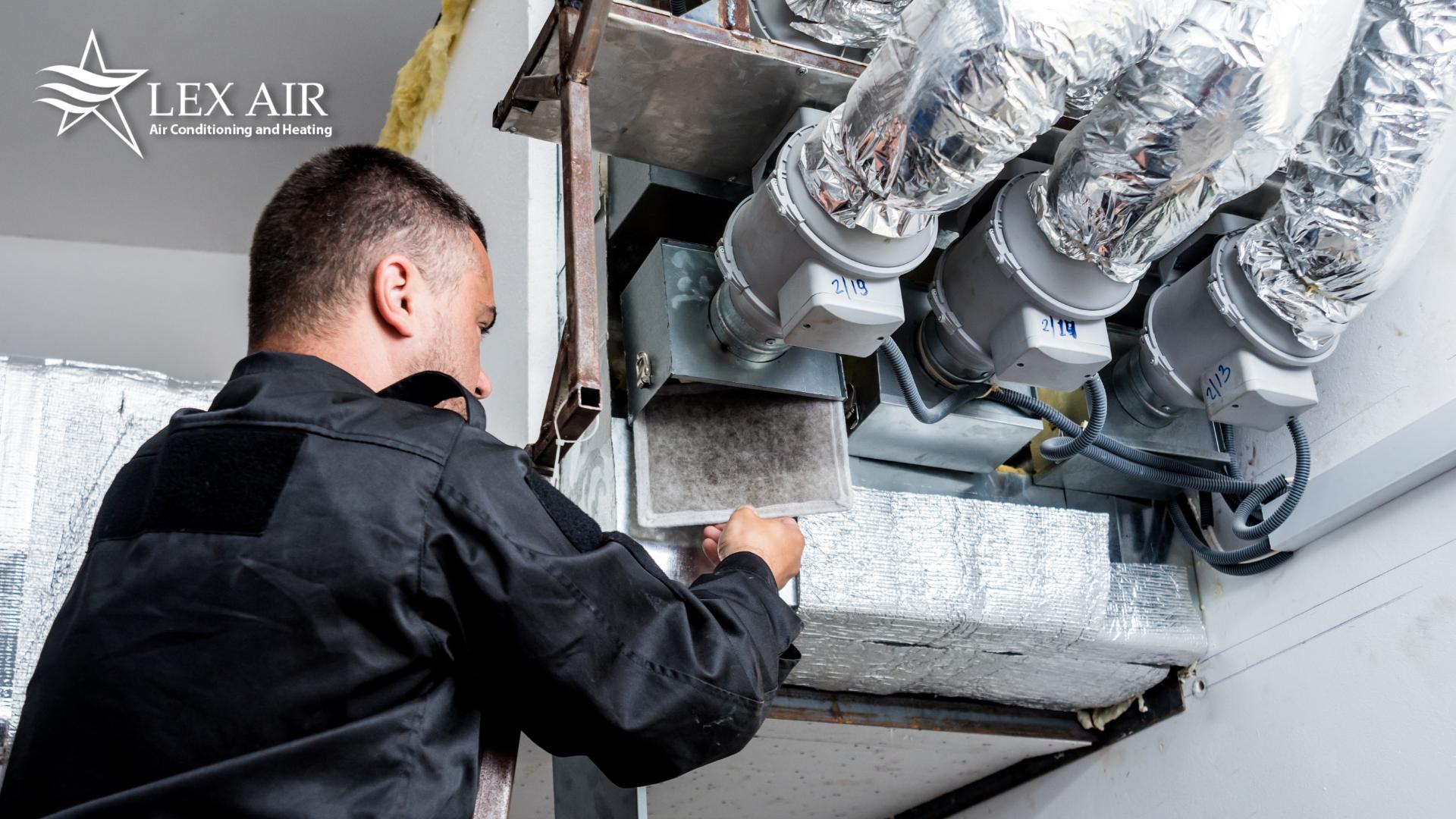
Sub-Standard Air Quality
If the indoor air quality generated by the HVAC system isn’t up to par, there can be a few potential culprits. A dirty air filter is the most common and easily corrected air quality problem. Other possible explanations include components that may be overheating, stagnant water that is condensing, or some material melting onto the heat exchanger.
There are also more dangerous possibilities, like a gas leak. Once you have ruled out the most straightforward fix by changing a dirty air filter if necessary, you must contact a professional Carrollton HVAC technician to check for more severe issues and perform any essential commercial HVAC repairs.
Capacitors Have Burned Out
An HVAC unit contains two capacitors: start and run. If either capacitor burns out, it will need to be replaced for the unit to function correctly again. Troubleshooting and early detection are crucial to keeping your system in good working order and preventing costly HVAC replacements.
Are you experiencing any of these commercial HVAC issues? Then don’t hesitate to contact Lex Air Conditioning and Heating; we will send a technician immediately.
Refrigerant Leaks
When your commercial HVAC system has a refrigerant leak, it can make it difficult for your system to cool and remove moisture from the air properly. In addition to warm air blowing from your vents, your compressor will be much louder than usual if that is the source of the refrigerant leak problem. When your refrigerant has a leak or low refrigerant levels, it can cause the system to overwork, leading to costly repairs.
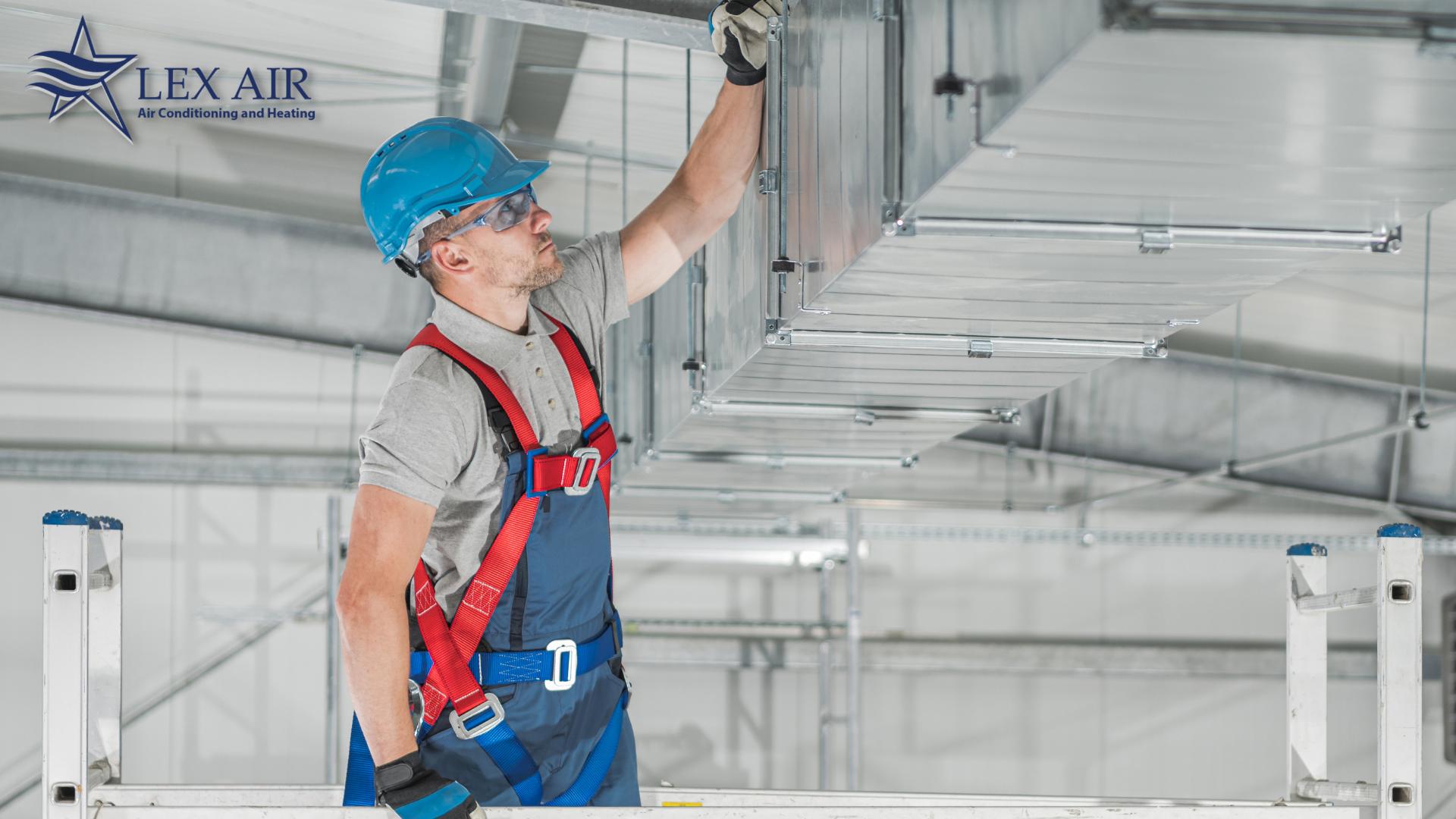
Ductwork Problems
When the ductwork running your commercial HVAC systems is not working efficiently, it can cause problems throughout your business. A common issue that commercial properties can face with their air ducts is incorrectly sized ductwork. If the ducts are too big or small for the property, they can overheat and become seriously damaged. Another commercial air duct issue can be duct leaks. When the ductwork leaks, it can lead to hot and cold spots throughout the business.
Condenser Fan Issues
When your commercial system has condenser fan issues, it can lead to poor airflow. If your condenser fan isn’t working correctly, you may experience loud fan vibrations, wiring damage, short cycling, and fan speed or direction issues. The condenser fan plays a large part in keeping your unit from overheating. When you believe your condenser fan is struggling, call the commercial HVAC experts at Lex Air Conditioning and Heating.
Evaporator Issues
The evaporator coils can become dirty if air filters aren’t replaced in a timely manner. The dirt from the filters can build up on the coils and cause them not properly to transfer heat. When the evaporator coils are dirty, it can cause the interior of the commercial property not to cool. The evaporator coils can also freeze, leading to the unit overheating.
The evaporator fan functions similarly to the condenser fan, and when it has issues, it can also cause issues with your commercial unit. A malfunctioning evaporator fan can experience motor failure due to a locked-up motor, an unbalanced fan causing excessive fan blade vibration, debris collecting within the fan, and more. An evaporator fan belt can also lead to problems when it becomes loose. This can cause low fan rotation speeds.
Poorly Installed HVAC Unit
When commercial heating and cooling systems aren’t properly installed, your system can struggle to work effectively. Things like an HVAC system that’s too big or too small can lead to poor performance, high energy bills, and an overworked system. Before you decide to install a new commercial system, consulting with commercial HVAC repair experts like those at Lex Air Conditioning and Heating can ensure that your HVAC system is installed correctly for your commercial property.
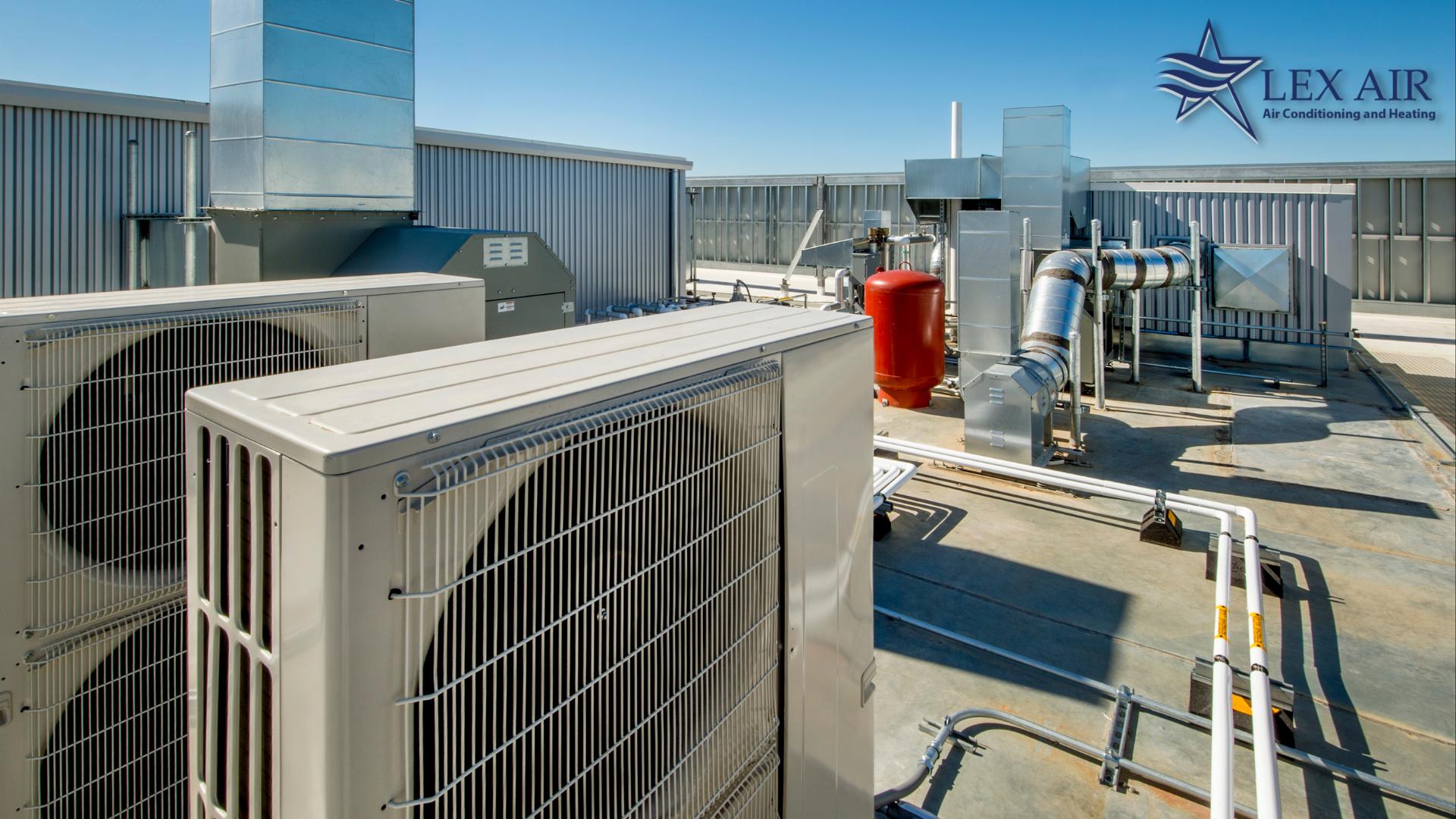
Commercial HVAC Problem? Call Lex Air Conditioning & Heating Today
If you’re looking to replace your current commercial unit or avoid commercial HVAC problems, the experts at Lex Air Conditioning and Heating are here to help. You can expect the same quality of work on your commercial HVAC system when choosing Lex Air for your residential needs. Call us today at (972) 217-8955 to schedule a commercial systems consultation.
